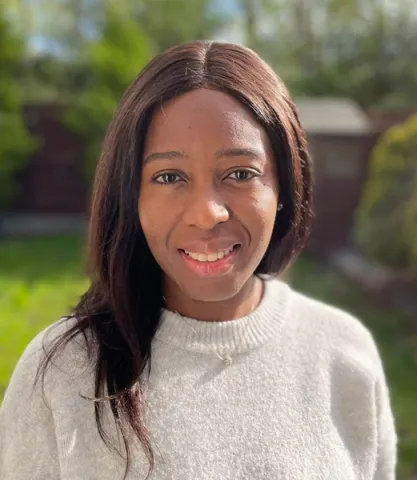Project overview
Background
In England, about 15 million people have multiple long-term conditions, which means they have at least two longterm health problems. People with multiple long-term conditions are at risk of having poor health and need lots of medical appointments. They also may die earlier. However, some conditions (such as diabetes and high blood pressure) are reversible. If people can reverse one or more of their conditions, then they could live longer, healthier, and better lives. However, we don’t know how common it is for people living with multiple long-term conditions to reverse any of their conditions. If we can find this out, we will share this new information with patients, their carers and health professionals, so that they can work together to help people reverse their conditions.
Aims
We want to understand which conditions are reversible for people living with multiple long-term conditions and how commonly they are reversed. We also want to know which people are more likely to reverse their condition and whether reversing their condition improves their health.
Methods
We will find this out by looking at anonymised medical records from millions of people living with multiple long-term conditions in England. Using these records, we will:
• describe which conditions people reverse
• describe how many people reverse each of these conditions
• describe the people who reverse these conditions. For example: what are their ages, sex, ethnicities and socioeconomic status?
• check whether people who reverse their conditions are less likely to go into hospital or die
Patient and public involvement (PPI)
We have worked with three PPI contributors who highlighted limited knowledge and discussions with health professionals around the potential for conditions to be reversed. They have discussed the need to look at both mental and physical health conditions. We also discussed how some conditions influence one another, which led us to look at different combinations of conditions. During the study they will help us to expand our PPI group so we have people from different backgrounds and locations. They will also help us decide on our research approach and help us understand what our study findings mean to them.
Sharing our findings
We will share our study’s findings (using lay summaries and videos) through social media and networks of the research team. We will ask charities and community groups to share the findings with their members. We will publish our findings in scientific journals and present at conferences. We will also look to find ways to use our findings to influence policy. We hope this study will lead to a further study in which we will identify the best ways to help people reverse their conditions.
In England, about 15 million people have multiple long-term conditions, which means they have at least two longterm health problems. People with multiple long-term conditions are at risk of having poor health and need lots of medical appointments. They also may die earlier. However, some conditions (such as diabetes and high blood pressure) are reversible. If people can reverse one or more of their conditions, then they could live longer, healthier, and better lives. However, we don’t know how common it is for people living with multiple long-term conditions to reverse any of their conditions. If we can find this out, we will share this new information with patients, their carers and health professionals, so that they can work together to help people reverse their conditions.
Aims
We want to understand which conditions are reversible for people living with multiple long-term conditions and how commonly they are reversed. We also want to know which people are more likely to reverse their condition and whether reversing their condition improves their health.
Methods
We will find this out by looking at anonymised medical records from millions of people living with multiple long-term conditions in England. Using these records, we will:
• describe which conditions people reverse
• describe how many people reverse each of these conditions
• describe the people who reverse these conditions. For example: what are their ages, sex, ethnicities and socioeconomic status?
• check whether people who reverse their conditions are less likely to go into hospital or die
Patient and public involvement (PPI)
We have worked with three PPI contributors who highlighted limited knowledge and discussions with health professionals around the potential for conditions to be reversed. They have discussed the need to look at both mental and physical health conditions. We also discussed how some conditions influence one another, which led us to look at different combinations of conditions. During the study they will help us to expand our PPI group so we have people from different backgrounds and locations. They will also help us decide on our research approach and help us understand what our study findings mean to them.
Sharing our findings
We will share our study’s findings (using lay summaries and videos) through social media and networks of the research team. We will ask charities and community groups to share the findings with their members. We will publish our findings in scientific journals and present at conferences. We will also look to find ways to use our findings to influence policy. We hope this study will lead to a further study in which we will identify the best ways to help people reverse their conditions.
